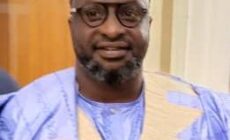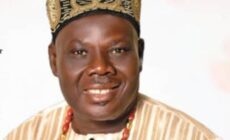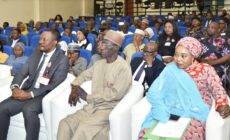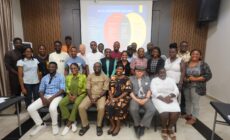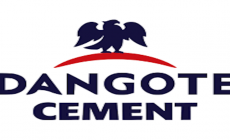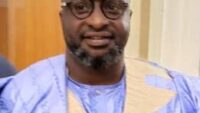Media Briefing
There is no doubt that past governments and present government have demonstrated the will to fight corruption through various programmes and policies, some have further shown efforts to design legal and institutional frameworks to reduce corruption in Nigeria. In spite of all these efforts, corruption still happens unabated.
While our policy makers and political drivers seem to be overwhelmed with the scourge of corruption, and how to address it with cutting-edge strategies, literatures have shown that one of the most likely reasons why past institutional, policy and legal frameworks experienced setbacks is because of the huge disconnection between the anti-corruption efforts and citizen’s participation.
However, for anti-corruption efforts in terms of design and implementation in Nigeria to be more holistic and inclusive, it must go beyond the boundaries of law and enforcement or sanctions to the exceptional terrain of society the view to get citizens to own the fight and build a strong resistance to corrupt behaviour. Evidence has shown that corruption is a social problem that affects social, political and economic life of our country. It hinders development and prevents investment in public values. Therefore social norms seem to be the new window not because it is new or old, but because there are empirical evidence of the impact of social norms on corruption, and a strong correlation between social norms and corruption. On this premise, we may suggest that the anti-corruption efforts could leverage on this empirical positions by either appealing to existing social norms or create new ones with a view to change corrupt behavior in Nigeria.
While the present administration is making efforts at reducing corruption in the country, there are still allegations of corruption amongst public officials, some of them appointees of the present administration. This has become a risk factor that has a great potential of undermining not just the effort of the government but also blight the international community perception of the administration as anti-corruption.
As citizens, we owe ourselves the responsibility of demanding for a better society in which accountability and transparency in public and private sectors are norms. We are however only able to do this effectively if we have the right information to guide our engagements with the government and the private sector that do business with it.
Therefore, this dialogue platform will give us the opportunity to interrogate the trend of corruption allegations in our government, and recommend possible steps relevant to further strengthen the current anti-corruption agenda.
The SCRAP-C project is a five-year project of the Department for International Development (DfID) Anti-Corruption in Nigeria (ACORN) programme. It is managed by a consortium of three national organisations (ActionAid Nigeria (AAN), Centre for Democracy and Development (CDD), and Centre for Communication and Social Impact (CCSI) lead by ActionAid Nigeria. The project also has implementing partners (Women Advocacy Research and Development Centre (WARDC) Human and Environmental Development Agenda (HEDA), Centre for Citizens with Disabilities (CCD), Youth Initiative Advocacy, Growth and Advancement (YIAGA) across six strategic states (Akwa-Ibom, Bornu, Enugu, Kaduna, Kano/Jigawa, and Lagos) including the FCT.
The SCRAP-C is a research and citizen’s oriented project. It will employ social marketing tools, research, advocacy, citizen’s mobilisation, media engagements and capacity development to achieve programme result which in this case is the desired behavioural change against corruption. Therefore it will be more practical and beneficial for Nigerians to key into this innovative project to seek for desired behavioural change against corruption.
As part of its implementation, the citizens’ dialogue is a platform where citizens interact with evidence of corruption in specific sectors like education, power, heath, and tax administration with the view to suggest right policy recommendation to the government, and encourage citizens to disapprove corrupt behaviour in the society.
Newton Otsemaye
Project Manager SCRAP-C Project
ActionAid Nigeria



